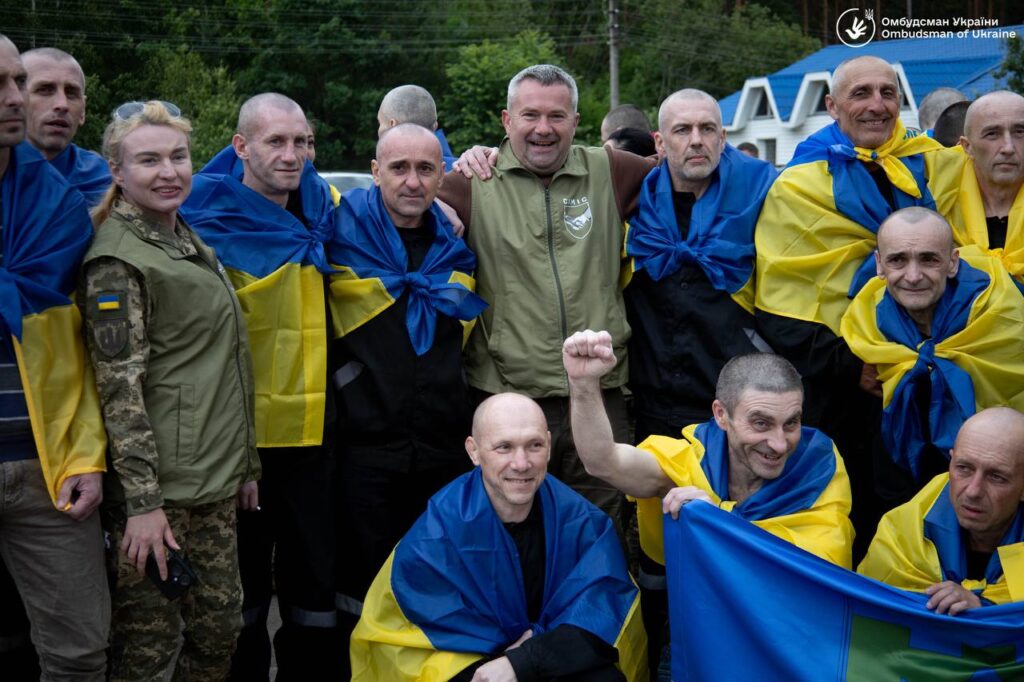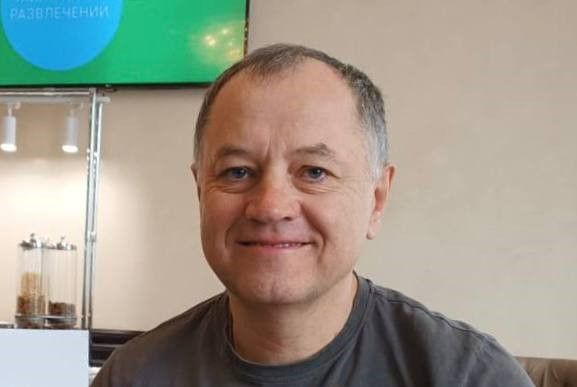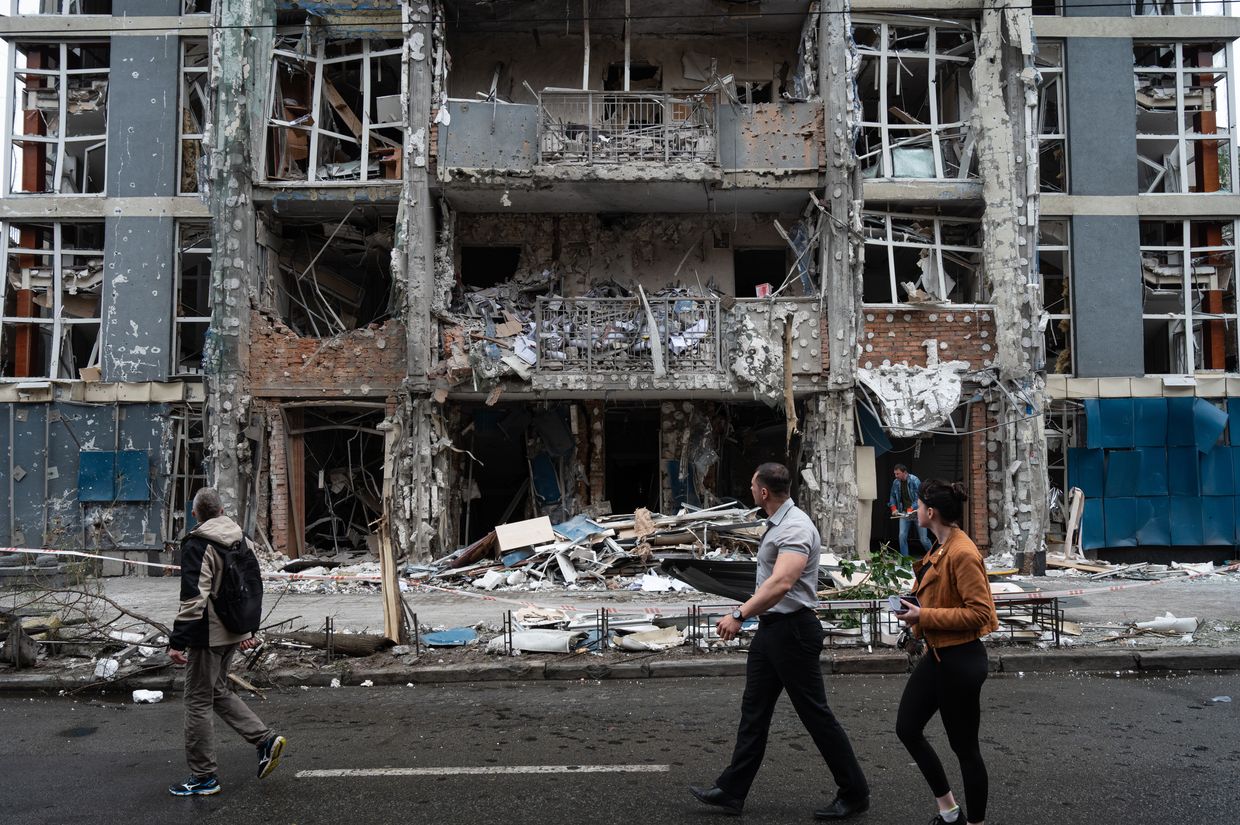He endured what most wouldn’t survive: Ukraine returns its 60-year old warrior from Russian captivity

They returned from hell. On 20 June, a new group of severely wounded and seriously ill Ukrainian defenders was released from Russian captivity.
This swap is the result of the second round of negotiations in Istanbul — the prisoner exchange deal has become a breakthrough after many months of deadlock. Following the 2 June talks, dozens of Ukrainian soldiers have already returned home. The exchange process is ongoing, and the exact figures are being withheld until all stages are completed.
Four exchange waves took place between 9 and 14 June, with another one on 19 June. Most of those returned had been held by Russia since 2022, many of them defenders of Mariupol.
According to the Coordination Headquarters, the freed prisoners include soldiers from the Armed Forces of Ukraine, the Navy, the National Guard, the Territorial Defense Forces, the Air Assault Forces, the Drone Force, and the State Border Guard Service. All are either seriously wounded or suffer from chronic illnesses.
“Epilepsy, hypertension, ischemic heart disease, vision impairment, musculoskeletal issues, chronic gastrointestinal conditions, and hernias. Many suffer from extreme weight loss,” the Ukrainian official said in a statement.
The released defenders are being transferred to medical facilities for diagnostics, treatment, and rehabilitation. They will also have their documents restored and receive back pay for the entire period of captivity.
Ukraine’s Human Rights Commissioner, Dmytro Lubinets, noted that the oldest of the released is 60 years old. Some of the families had been appealing to his office for years, even sending letters to Moscow.
“Among them are those whose relatives contacted the Ombudsman’s Office. Our institution was engaged in defending their rights,” Lubinets said.
President Zelenskyy confirmed the return of defenders from Mariupol, Donetsk, Luhansk, Zaporizhzhia, Kherson, Kharkiv, and Chernihiv oblasts.
Earlier, the Ukrainian authorities said Russia slipped the bodies of its dead soldiers into Ukraine’s swap convoys. Kyiv has received over 6,060 bodies from Moscow under the Istanbul agreements on the exchange of war dead, but many of them are not Ukrainian.


